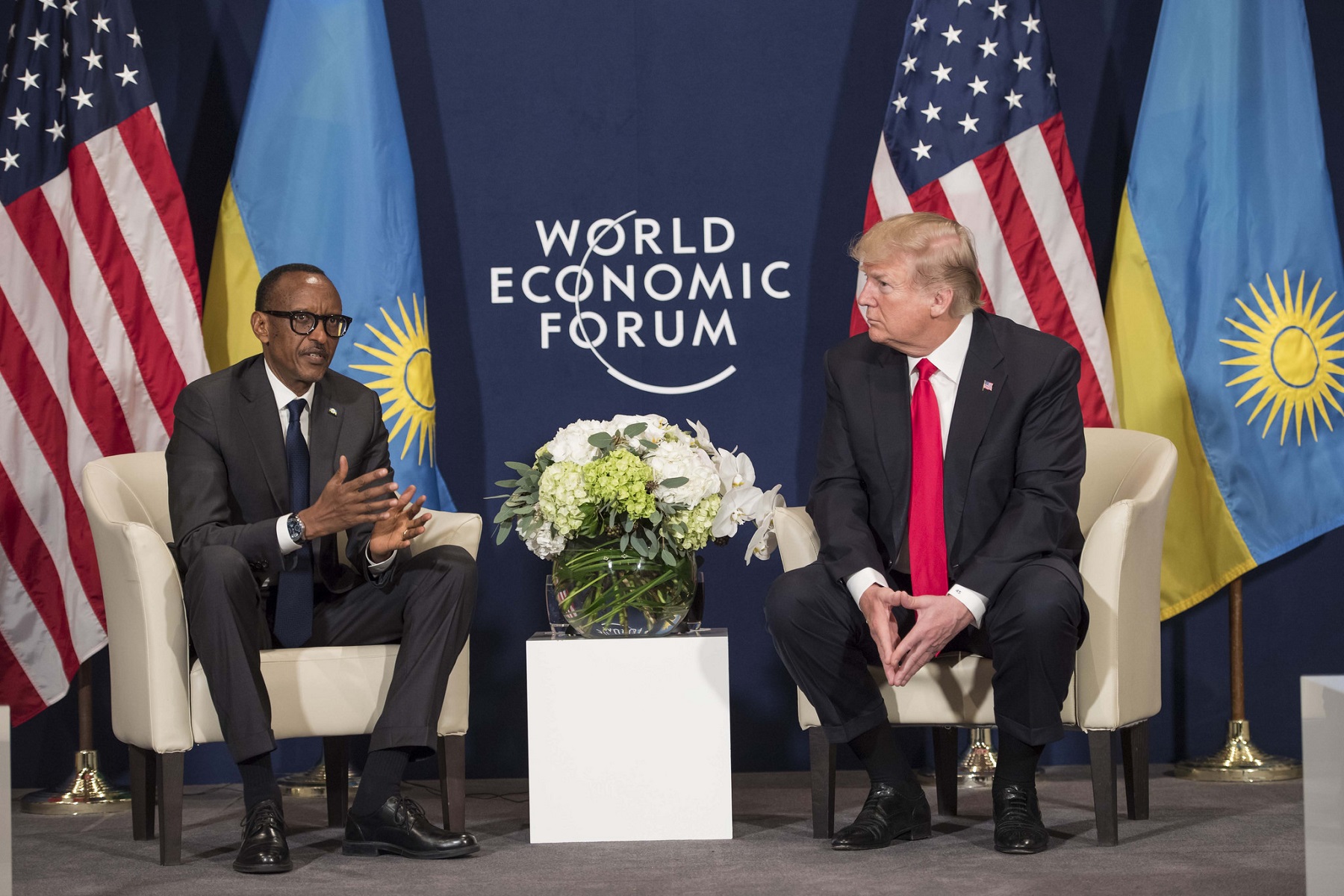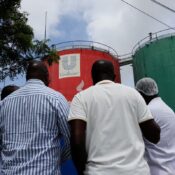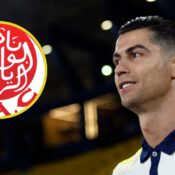
Trump is getting ready to witness the Rwanda-DR Congo peace deal. Here are some things to know
U.S. President Donald Trump is scheduled to witness the signing of a peace deal between Rwanda and the Democratic Republic of the Congo (DR Congo) at the White House in June. An important step toward ending the ongoing conflict in eastern Democratic Republic of the Congo is the accord.
President Paul Kagame and his Congolese counterpart Félix Tshisekedi are anticipated to sign the deal.
The two nations are anticipated to establish distinct bilateral economic agreements with the US in addition to the peace pact.
A peace process aiming at bringing security to the eastern Democratic Republic of the Congo (DRC) and the larger Great Lakes region—which has long been affected by the conflict’s spillover—began on April 30 when the two nations signed a Declaration of Principles.
Both parties pledged in the declaration to respect one another’s sovereignty and territorial integrity and to settle disagreements amicably and cooperatively rather than using force or divisive language.
The events came after delegates from the United States, Rwanda, the Democratic Republic of the Congo, and Qatar met in Doha, Qatar. Brig Gen Patrick Karuretwa, Head of International Military Cooperation, and Brig Gen Jean Paul Nyirubutama, Deputy Director General of the National Intelligence and Security Services (NISS), represented Rwanda.
Other heads of state who have been instrumental in attempts to resolve instability in the eastern Democratic Republic of the Congo may also be included in the event, which is expected to take place within the next two months.
The U.S. has stressed that both parties must first fulfill a number of requirements before the deal is finalized. Disbanding the genocidal FDLR is one of the internal security issues that the DRC needs to thoroughly address.
Furthermore, it is anticipated that DR Congo would carry out reforms to internal governance, which will include making sure that national resources are distributed fairly across its regions.
The implementation of these requirements will be supervised by a monitoring committee that includes officials from the United States, Qatar, France, and Togo, the latter of which is working on behalf of the African Union.
Equally significant is the fact that the African Union is now officially in charge of the negotiations that were previously carried out within the EAC-SADC framework, with Togo serving as the primary facilitator of the process moving forward.
From the Luanda and Nairobi processes to the more recent EAC-SADC, Qatar, and now U.S.-facilitated peace efforts, the Rwandan government has been an active participant in all regional and global peace endeavors.
Rwanda has consistently maintained that discourse, diplomacy, and negotiation—rather than the use of force or divisive rhetoric—are the only ways to end the DRC’s issue.
The M23 group, which has frequently declared that it does not desire power but only the acknowledgment and respect of its rights, is at the center of the present dispute, even though it has gained control of a sizable amount of territory.
Experts previously informed The New Times that the United States’ participation in the peace process might give crisis resolution efforts a boost.
Others, however, were disappointed that rather than coming up with African answers to African challenges, African countries still depend on outside actors.
Speaking to The New Times, political expert Jean-Baptiste Gasominari expressed his belief that Donald Trump’s foreign policy will be beneficial to the process.
The Republicans do not interfere in the domestic affairs of other nations, although they are amenable to debate. Thus, this is really the distinction,” he said.
According to Alex Mvuka, a researcher and analyst who focuses on the Great Lakes Region, the United States’ involvement is a significant shift because it is acting as a mediator rather than a military force, as reported by The New Times.
He lamented the departure from the idea of “African solutions for African problems,” arguing that the issues facing the Democratic Republic of the Congo are local in nature and should be handled by regional parties since they are better equipped to handle them.
According to Gustave Tombola, a researcher who is interested in eastern Democratic Republic of the Congo, everyone who can help bring about peace must join forces in order to put an end to the problem.
He said both initiatives are in conformity with the African Union (AU) procedures, pointing out that the USA intervened to bring Rwanda and the DR Congo to the negotiating table while Qatar was attempting to bring the AFC/M23 and the DR Congo government together to resolve their issues.
All Categories
Recent Posts
Tags
+13162306000
zoneyetu@yahoo.com


